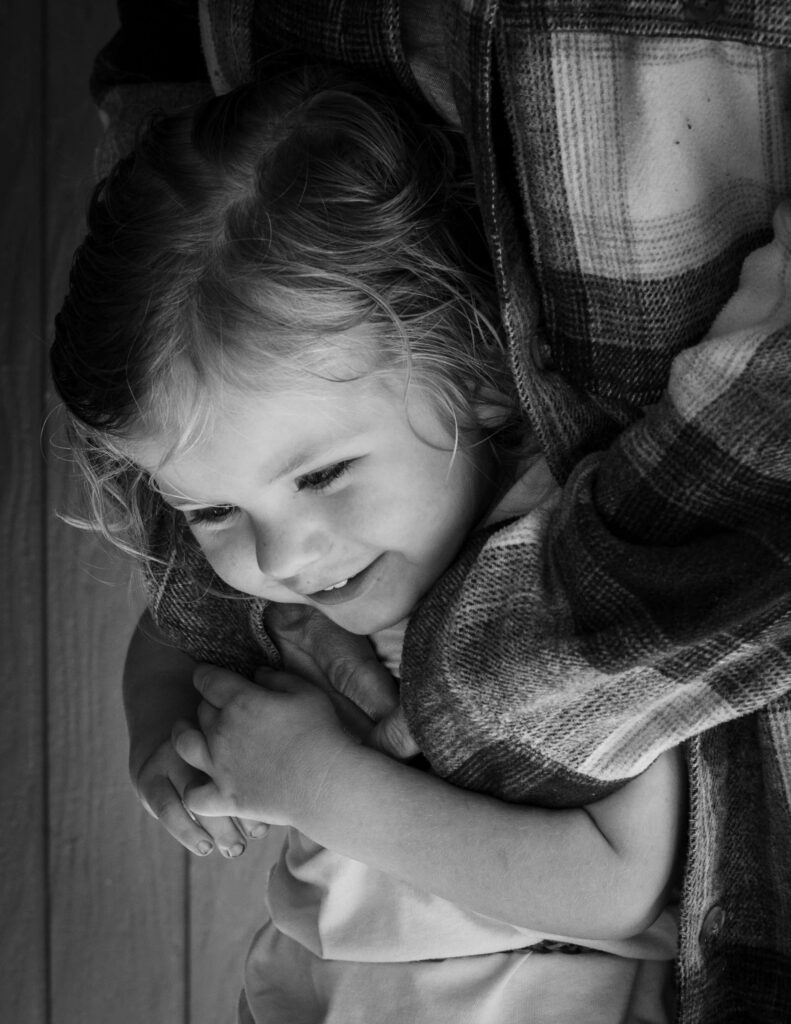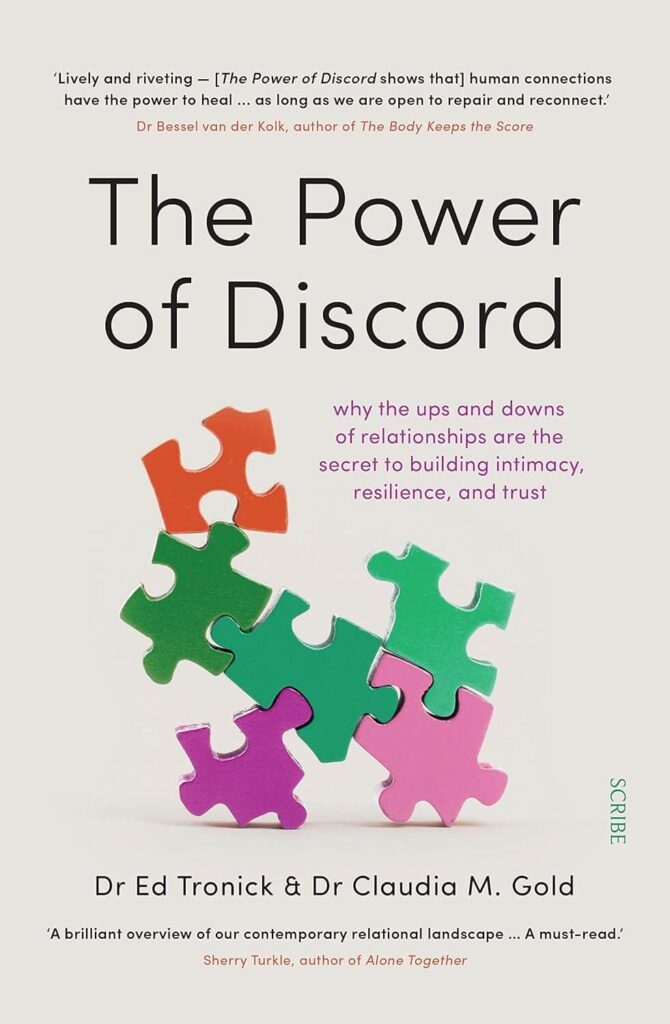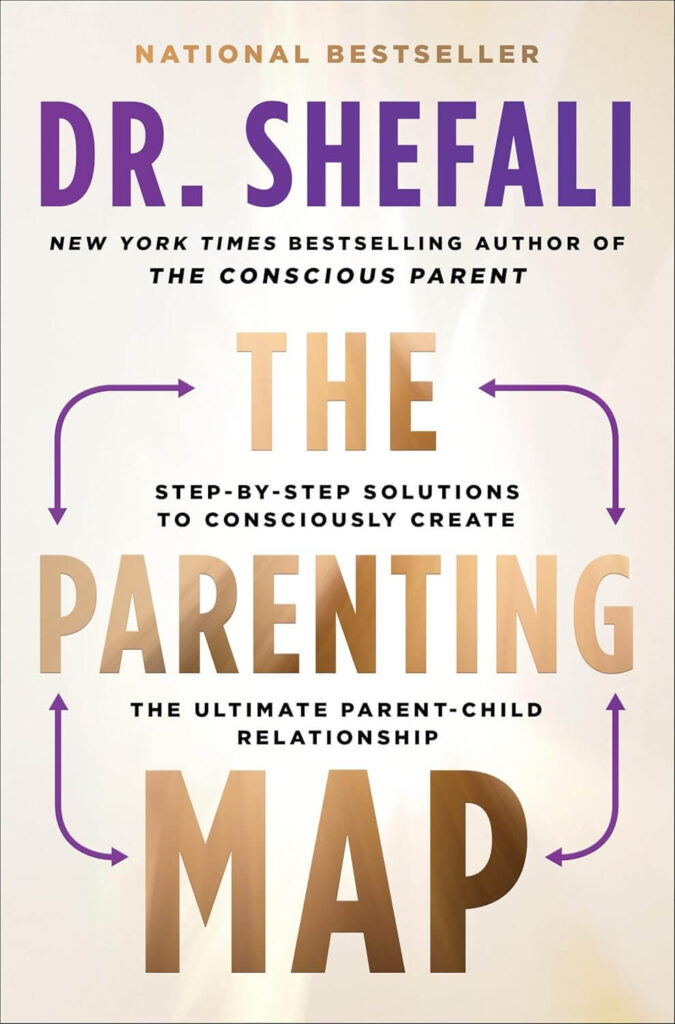Sneak peek: Is it possible to avoid all conflict with our children? Is that even the ideal? Discover how the process of rupture and repair works in parent-child relationships.
If you’re on social media much, you’ve probably seen many different versions of parenting advice. One that I’ve noticed lately is the idea of gentle parenting. In some parenting circles, it seems to have really taken hold. My impression is that some of these gentle parenting perspectives put out the idea that you can avoid all conflict with your child if you can just figure out the right words to use, or if you’re patient enough. Maybe there are some parent-child relationships where this is possible, but I really doubt it. In real life, conflict happens. That’s not to say we should encourage it or want it to happen, but it’s inevitable. All relationships have some level of conflict. I think many of us want to avoid conflict, but that’s not always the complete answer.

Taking a deeper look at relationship conflict
Recently, I’ve been digging into the work of preeminent relationship researchers John and Julie Gottman. You may have seen their social media videos where they offer relationship advice and commentary on videos. They’re not only heartfelt, but they provide meaningful, research-backed advice.
I’ve been reading their book called Fight Right, and it’s very insightful in terms of romantic relationships, but some of the ideas may apply in a general sense to parent-child relationships too. One of the overall themes is the idea that not all conflict is bad, and it can actually bring people closer. The key is to dig into the real issues underlying the conflict. Oftentimes, the fight isn’t really about the surface topic, but about something deeper—past hurts, feelings of inadequacy or other emotional issues.
The question when it comes to parenting is: how do we handle conflict that happens with our children? And, how do we repair the relationship afterward?
The other question that comes up for many parents is: does the conflict that we have with children damage their development or our relationship?
These are all really interesting questions and can be pretty complex, but they are also ones where research can really help us—because it doesn’t always line up with what we’re seeing in the gentle parenting approaches on social media.
Research on rupture and repair
One of the first topics comes from a long line of research by Ed Tronick on the concept of rupture and repair in parent-child relationships. Some of the most interesting parts of it focus on infants and parents, and the dynamic in this earliest human relationship. He looks at the role of the small disconnections that happen even with infants. If you have an infant at home, you know that there are times when there are mismatches—maybe your baby is crying and you think they’re hungry, but really they just want to be held and played with, or maybe you think that they need a diaper change, but really they’re hungry.
These little mismatches happen. We miss a cue that they’re trying to give us because, at that age, everything is nonverbal. Before they have language, we’re trying to pick up on these signals that they’re giving through their body language and their little sounds. Tronick found that as high as 70% of the interactions with babies involve some level of mismatch. We’re not talking about neglect or issues where the baby’s needs are completely being ignored. That’s a whole other issue. This is just sort of typical everyday interactions with babies.
Now, fast-forward to when your child is older, and these mismatches continue, even as they become toddlers and teenagers. This is where most of the challenges that we have with parenting come up with our kids. We misinterpret their behavior, we misunderstand something, they misunderstand something we say, etc. These small ruptures are often where conflict happens. The question is, what do we do with it?
Research clearly points to the fact that it’s really important to repair those ruptures in the relationship—even the small ones. The point is, the rupture and repair process can actually bring you closer. One study I recently found was of preschool-aged children in which they had parents and children work on a puzzle task. Even though this is a small example, I think you can see how it would apply to kind of real-life situations. They found there was, in many of the cases, some sort of conflict in the lab puzzle task. However, children whose parents were able to repair the relationship had better emotional and behavioral outcomes later on. The children were less likely to have behavior problems as reported by teachers and they were more likely to have better self-regulation skills. This one study doesn’t imply causation, but it does give us some insight into what may be going on.
Related reading: Want to be a More Patient Parent? Start Here…
It looks like the rupture and repair process is at least partially how children learn about emotional regulation and relationships. I think this gives us a different perspective on the idea of what parent-child relationships look like. They don’t have to be perfectly harmonious to be meaningful and even supportive. There’s no perfect parent, and I think this type of research continues to reiterate the fact that conflict isn’t the ultimate enemy. There are going to be moments of disconnection, but if we can learn to repair them with our children, instead of ignoring them or pushing them under the rug, they can bring us closer and help build emotional skills.

What does repair look like?
When you think about repairing the relationship, it’s anything that reconnects you and your child. It might be apologizing to your child or them apologizing to you (or both). It might be sitting down calmly after the big emotions pass, and talking through what happened. It can be helpful to discuss how each of you felt. Anything that helps your child see that your relationship is still intact and you can work through this—that is the piece that builds emotional skills.
This idea is something helpful to keep in mind—it’s not always the conflict that is the marker of the relationship, it’s how you deal with it. If you can work through the conflict and repair the relationship, you and your child are probably on the path to understanding each other better. Hopefully, this gives you a little hope and inspiration as you go about parenting.
Related resources




Leave a Reply